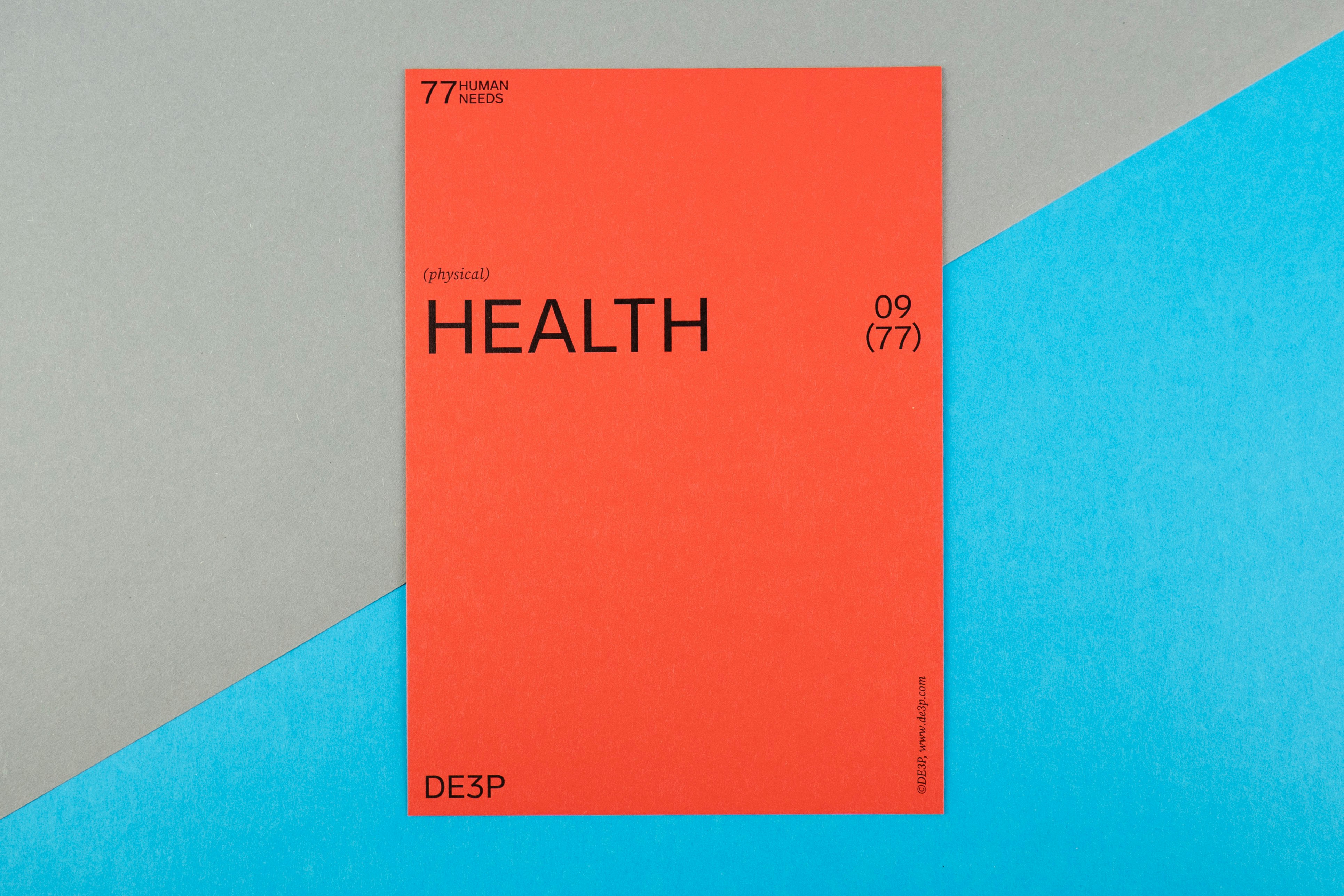
Studying often feels like an uphill battle, doesn’t it? Long hours at your desk, endless pages to flip through, and the frustration of feeling like none of it sticks. Good news—studying doesn’t have to be so tedious! By getting creative with your study methods, you can make learning more engaging, effective, and fun.
This post introduces you to 10 creative study methods that will not only spice up your routine but also improve your retention and understanding.
Whether you’re a high schooler prepping for finals or a college student juggling multiple subjects, these strategies will help you ace your exams with a smile.
1. Rhyme Facts into Catchy Tunes 
Ever noticed how you can remember every lyric to a song you haven’t heard in years? That’s the power of music! You can apply the same principle to your studies by turning your facts or lists into catchy tunes.
Benefits:
- Stimulates auditory memory, making information easier to retain.
- Works exceptionally well for learning lists, formulas, or processes.
Example:
Studying the order of planets? Sing it to the tune of your favorite song! “Mercury, Venus, Earth, and Mars…” suddenly becomes unforgettable when paired with a melody. Don’t worry about sounding silly—it’s all about acing that test.
2. Spice Up Your Flashcards 
Flashcards are already a powerhouse learning tool, but you can take them to the next level. Add visuals, doodles, or vibrant colors to make your cards pop and increase your brain’s engagement.
Benefits:
- Cognitive studies show that visuals improve retention.
- Adding flair makes studying more enjoyable, reducing stress.
How to Get Started:
Apps like Anki and Quizlet offer digital flashcards with multimedia features. Prefer paper? Use markers to color-code terms or create symbols that represent complex ideas. For example, draw a lightning bolt for “electrons” in your physics notes.
3. Read It Out Loud… Like a Play 
Make your textbook your stage! Acting out the material you’re reading can make boring text come alive.
Benefits:
- Repetition solidifies complex material in your memory.
- Imagination adds context and engages multiple senses.
How to Do It:
Turn your study session into a dramatic performance. Read a passage as if you’re delivering a Shakespearean monologue. For an energy boost, switch to a superhero voice or a motivational speaker style. The sillier, the better.
4. Turn It Into a Game 
Why not make studying feel like playtime? Turn your study session into a competitive game to create excitement and engagement.
Benefits:
- Makes long study sessions less daunting.
- Encourages group collaboration.
Examples:
- Play “Jeopardy!” using questions from your study material. Form a study group, and the winner buys coffee for everyone.
- Try “Around the World”: Two students compete with study questions. The winner moves on to face the next challenger, keeping the session lively.

5. Get Creative with Stories, Drawings, or Poems 
Inject creativity by transforming facts into stories, colorful diagrams, or even poetry.
Benefits:
- Your brain remembers stories and imagery better than raw text.
- Creative thinking helps you process and understand information on a deeper level.
Example:
If you’re learning about ecosystems, draw a cartoon of a forest populated with quirky animal characters. Write a poem about symbiosis, or create a first-person story where you’re a scientist uncovering the secrets of photosynthesis.
6. Teach It to Someone Else 
The best way to learn something is to teach it. Explaining concepts forces you to organize your thoughts and identify areas where you’re unclear.
Benefits:
- Reinforces knowledge through active recall.
- Builds confidence for exam day.
Tips for Teaching:
- Use the Feynman Technique. Write the concept on a sheet of paper and try to explain it in simple terms, as if teaching a 10-year-old.
- Practice with friends, siblings, or even in front of a mirror. Bonus points if you give them mini quizzes to reinforce their learning (and yours).
7. Take Creative Breaks 
All work and no play can lead to burnout. Incorporate creative activities during breaks to refresh your focus and energy.
Benefits:
- Prevents overexertion and keeps your brain alert.
- Improves focus when you return to studying.
Break Ideas:
- Try sketching or coloring to relax while staying mentally active.
- Listen to calming lo-fi music while meditating or taking a short walk outdoors.
- Use a Pomodoro timer (25 minutes study, 5 minutes break) to maintain productivity.
8. Switch Up Your Study Environment 
Believe it or not, where you study can affect how well you remember information. Rotating your study locations strengthens memory retention.
Benefits:
- Keeps your surroundings stimulating, avoiding monotony.
- Helps with recall by associating information with varied contexts.
Ideas:
Try studying at a library, a local coffee shop, or even your balcony. Each setting will trigger different sensory experiences, reinforcing what you’ve learned.
9. Study Before Bed 
Studying before bed (rather than during the 2 a.m. sprint) allows your brain to process new material while you sleep.
Benefits:
- Sleep enhances memory consolidation, which is critical for long-term retention.
- Can improve recall during exams the next morning.
Pro Tip:
Before turning off the light, review some flashcards or highlight key concepts. Repeat the process in the morning for double reinforcement.
10. Space Out Your Practice 
Also known as spaced repetition, this method involves reviewing material over increasingly longer intervals.
Benefits:
- Proven to improve long-term memory and understanding.
- Prevents cramming by building a consistent study habit.
How to Do It:
On day one, learn the material. On day two, review it. Wait three more days to revisit, then a week, and so on. Use tools like Anki or set calendar reminders to stay consistent.
Time to Make Studying Fun and Effective!
Studying can either feel like a tedious grind, or it can be an adventure in creativity. With these 10 creative study methods, you can transform your sessions into something genuinely enjoyable and rewarding.
Don’t be afraid to think outside the box and mix up your techniques to find what works best for you. After all, there’s no “one-size-fits-all” approach to learning.
Want to Be a Study Pro? Try This:
Choose one or two of these methods and experiment with them in your upcoming study sessions. Track which techniques help you feel more confident and improve your retention over time. Not every method will be a perfect fit, but there’s something here for everyone!
Conclusion
Studying doesn’t have to be a tedious or overwhelming experience. By trying out these creative study methods, you can transform your learning process into something more enjoyable and effective.
Remember, everyone has unique learning preferences, so it’s important to find strategies that work best for you. Whether it’s using flashcards, teaching others, or incorporating movement into your study routine, these techniques can help you retain information better and feel more confident in your abilities.
Start experimenting with these methods today, and take the first step toward achieving your academic goals with less stress and more success!
FAQS
1. What are some effective study techniques I can try?
There are several techniques you can experiment with, including using flashcards, summarizing key points, teaching the material to others, or incorporating movement into your learning process. Find the methods that align with your learning style for the best results.
2. How do I know which learning strategy works best for me?
Pay attention to how you feel and how much information you retain after trying different techniques. If a method helps you understand and remember concepts more easily, it’s likely a good fit for you.
3. Can these techniques work for all types of learning material?
While most strategies can be adapted for various subjects, some techniques may work better for specific content types. For instance, flashcards are great for memorizing vocabulary, while teaching others is effective for grasping complex concepts.
4. How long should I spend on each study session?
This depends on your focus and workload. Generally, study sessions of 25–50 minutes, broken up by short breaks, are effective for maintaining concentration. The Pomodoro Technique is a popular approach to time management during study periods.
5. How can I stay motivated while studying?
Set clear goals, reward yourself for completing tasks, and remind yourself of the long-term benefits of your hard work. Studying in a comfortable environment and mixing up your routine can also help sustain motivation.







